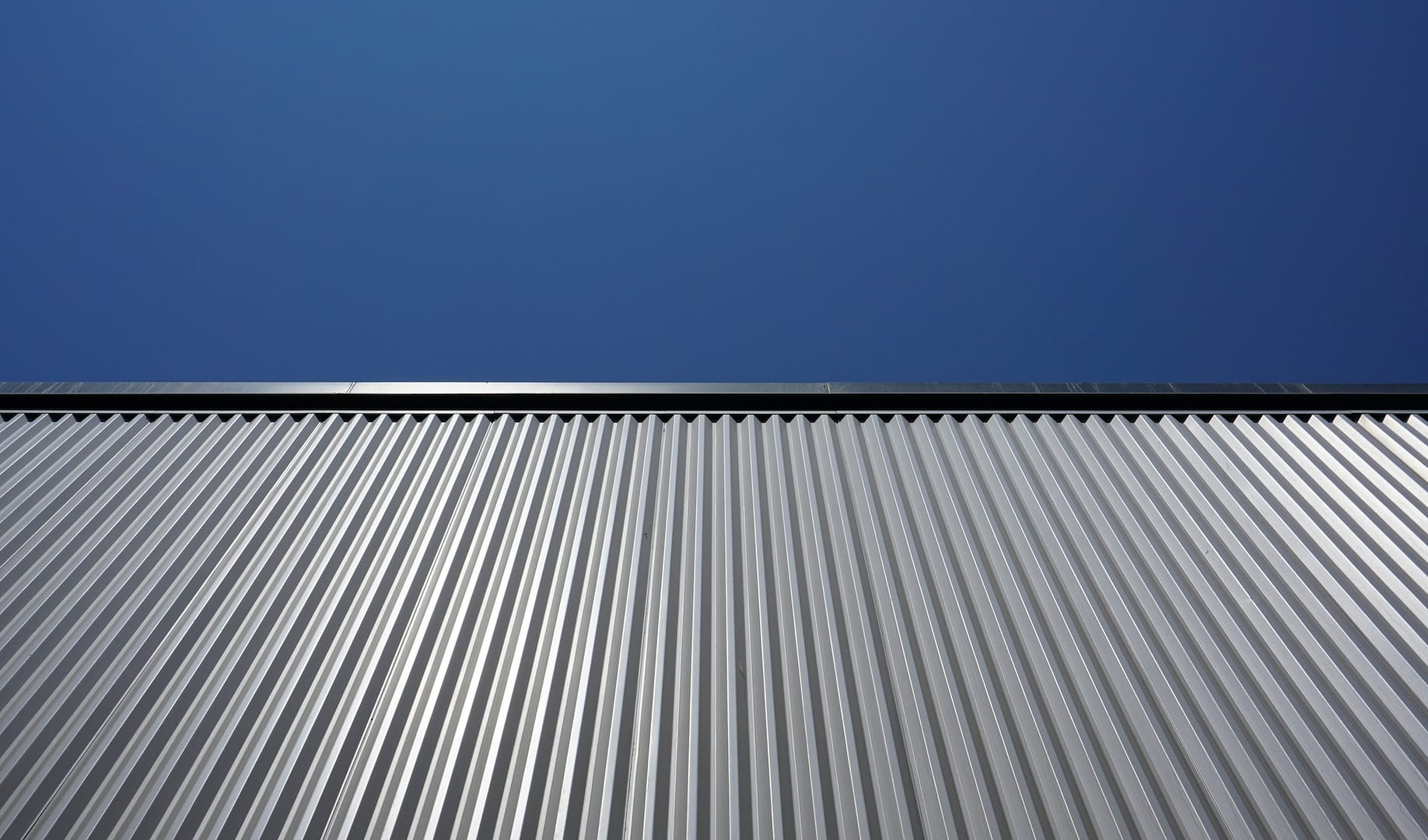As conscious citizens seeking sustainable solutions, it’s crucial to recognize that going green encompasses more than just recycling or reducing waste. In fact, making eco-friendly choices can permeate every aspect of our lives – even from the top down! Today, we delve into how metal roofing philadelphia not only adds style and durability to your home but also plays a significant role in protecting and preserving our planet. So buckle up as we uncover the hidden eco-warriors above us and discover why metal roofs are leading the charge in environmental consciousness.
Energy Efficiency
Metal roofs are known for their exceptional energy-saving capabilities. Unlike traditional roofing materials, such as asphalt shingles, metal roofing reflects a significant portion of solar heat, reducing the need for air conditioning during hot summer months. The reflective properties of metal contribute to lower energy consumption, resulting in decreased greenhouse gas emissions and reduced dependence on fossil fuels.
Durability
Another crucial environmental benefit of metal roofing lies in its exceptional durability. Metal roofs have a significantly longer lifespan compared to conventional roofing materials, such as asphalt shingles or wooden shakes. With proper maintenance, metal roofs can last up to 50 years or more, while other materials may require replacement every 15 to 20 years. By reducing the frequency of roof replacements, metal roofing minimizes the consumption of raw materials and decreases waste generation, contributing to a more sustainable construction industry.
Recyclability
Metal roofs are highly recyclable, making them an excellent choice for eco-conscious homeowners. At the end of their lifespan, metal roofs can be easily recycled, ensuring that the materials do not end up in landfills. The recycling process for metal roofing involves melting the metal down and reshaping it into new products without sacrificing its inherent qualities. Moreover, metal recycling requires less energy compared to primary metal production, resulting in reduced greenhouse gas emissions and the conservation of natural resources.

Reduced Waste Production
The installation process of metal roofing generates significantly less waste compared to other roofing materials. Metal roofs are often custom-sized and pre-fabricated, reducing the need for on-site modifications and minimizing material waste. Furthermore, metal scraps produced during installation are highly recyclable, further reducing waste generation. As a result, choosing metal roofing not only minimizes environmental impact but also contributes to cost-effective construction practices by reducing disposal expenses.
Metal roofing presents an array of significant environmental benefits that make it a sustainable solution for both residential and commercial buildings. Its energy-saving properties reduce greenhouse gas emissions and dependence on fossil fuels, while its exceptional durability and recyclability contribute to the conservation of resources and reduced waste production.

